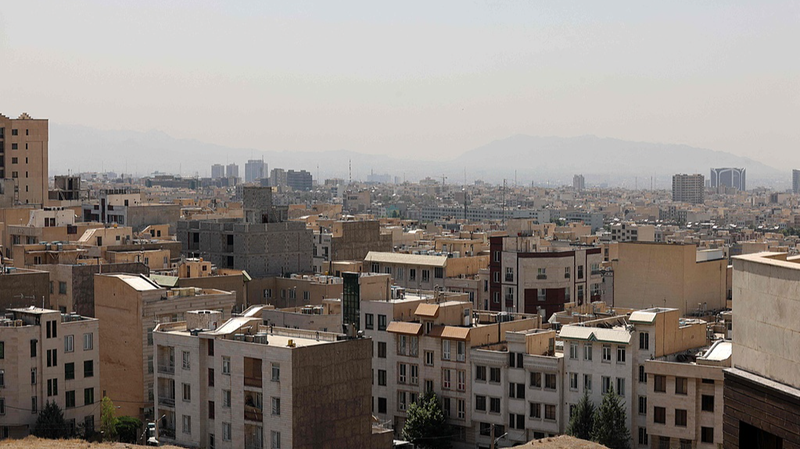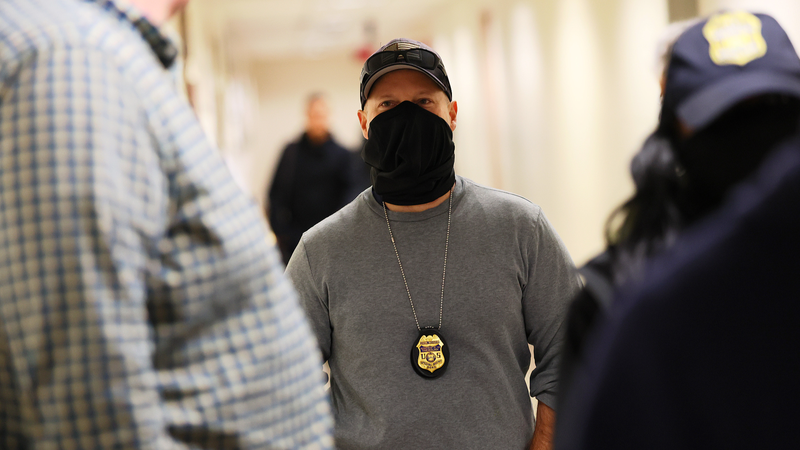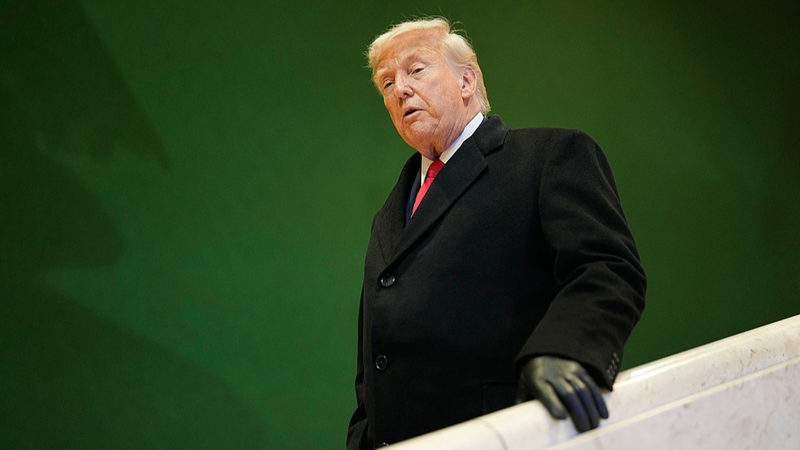Recent U.S. strikes on Iranian nuclear sites have sparked both shock and an unwavering sense of resilience across Iran. In an exclusive Q&A, noted political journalist Mehdi Latifi—editor-in-chief for Azad News Agency—shares his firsthand observations on how everyday life is unfolding amid escalating tensions.
Despite the dramatic air strikes, many Iranians are carrying on with their daily routines. Drawing from hard-won lessons of the eight-year Iran-Iraq war, communities are staying active and united, proving that determination can shine through even the toughest challenges. It’s like a real-life blockbuster where the underdogs keep fighting, and hope never fades! 🚀
Latifi confirms that, for now, critical infrastructures such as energy, internet, and fuel supplies are holding up well. While there have been reports of bombed hospitals and targeted scientific figures—actions viewed as blatant violations of international law—Iranians remain focused on preserving their way of life. The journalist stressed that these strikes not only break diplomatic trust but also mark an attack on progress and knowledge.
One poignant moment in the conversation was the remembrance of Dr. Mohammad Mehdi Tehranchi, a brilliant physics professor who specialized in magnetism and electromagnetism. Although he was not directly involved with nuclear projects, his pioneering work helped propel Iran’s modern science forward. As Latifi passionately noted, "knowledge cannot be destroyed by bombs," a sentiment that resonates deeply with a community determined to pass on its legacy of scientific achievement and forward-thinking creativity.
In summary, while diplomatic avenues seem increasingly blocked following these aggressive tactics, the resolve of the Iranian people remains unshaken. This is more than a military conflict—it’s a struggle for freedom, progress, and the future of a nation where unity and perseverance lead the way.
Reference(s):
cgtn.com




